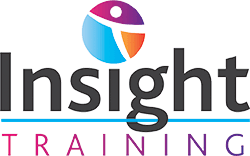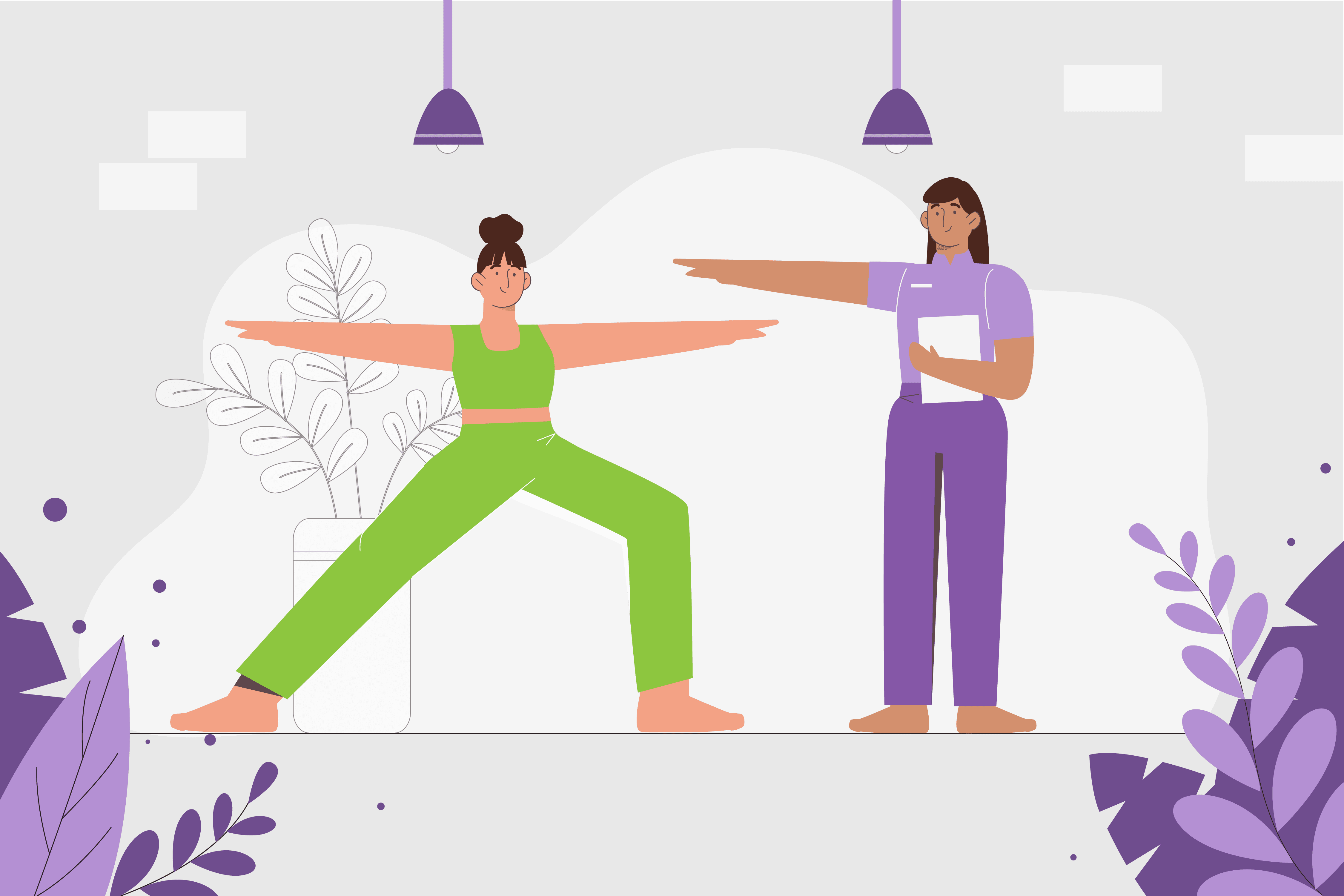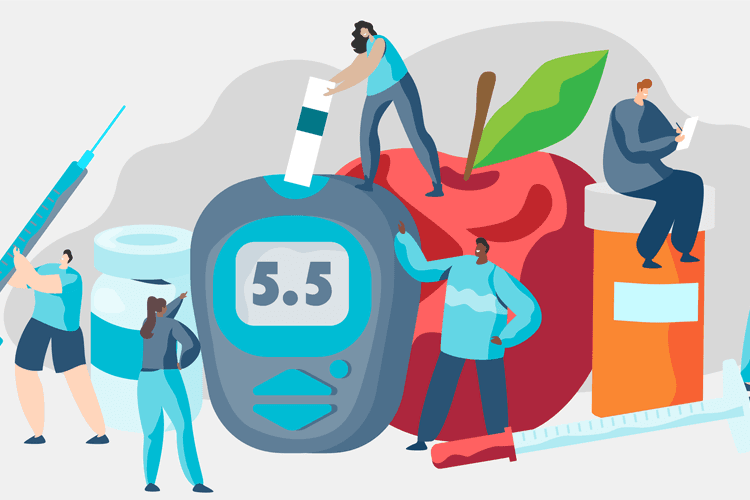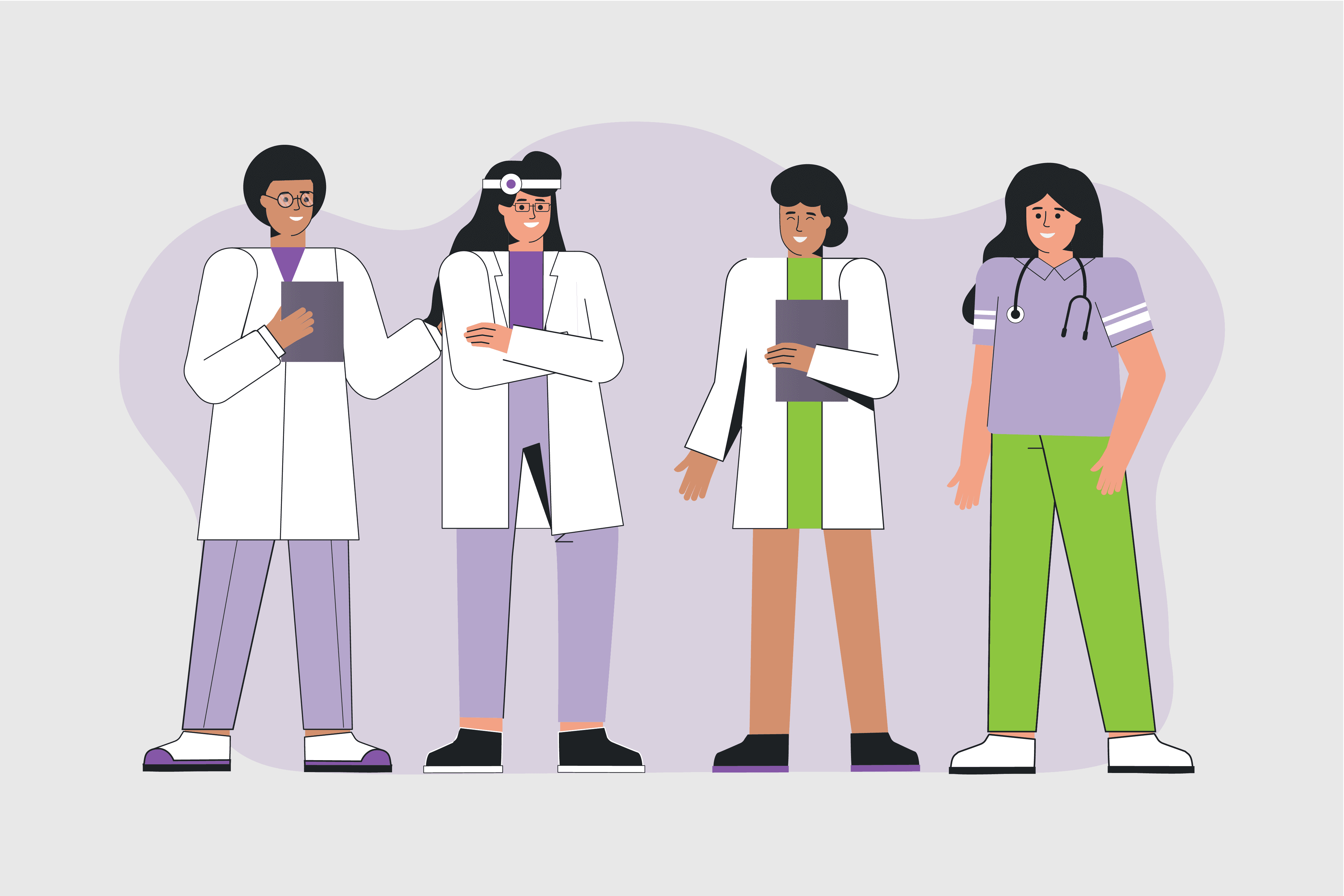Allied health assistant job description
Let’s get real. Job information online can often be overly optimistic — conveniently glossing over the raw bits. But when you’re making decisions about your future, you need all the facts.
That’s why we anonymously surveyed allied health assistants about their job, with hopes of getting an honest insight into what it’s really like.
While we did our best to ensure respondents were Australians and verified their job titles with proof of employment, we can’t guarantee complete accuracy — or that your experiences in the field will reflect theirs. So, we suggest that you take these insights as a guide only and try to talk to people in the field before making an important decision.
Tasks and responsibilities for an allied health assistant
Tasks can include:
- Helping develop treatment plans for patients
- Liaising with patients
- Supporting and assisting allied health practitioners
- Administrative support and record-keeping
- Coordinating health programs
- Monitoring patient outcomes
How to become an allied health assistant
-
Study
Complete a Certificate III in Allied Health Assistance (HLT33015) through a TAFE or recognised training organisation (RTO). This equips you with the skills you need to start a job in allied health assistance and improve your job prospects. This course requires you to undertake 80 hours of work experience under the supervision of an allied health professional.
-
National police check
During the recruitment process for many jobs in healthcare, you may need to undergo a national police check. This check can be done entirely online and is very straightforward.
-
Check your immunisations are up to date
Healthcare workers may be exposed to, and transmit, vaccine-preventable diseases. It is advisable to make sure you have the correct vaccinations to ensure your safety and the safety of those around you.
Pathway options
Your entry-level position in allied health assistance could open up opportunities to specialise in a particular area or move on into other roles.
Some pathways could be:
Junior
-
Allied health assistant
Most common qualification: Certificate III in Allied Health Assistance (HLT33015)
-
Medical imaging assistant
Most common qualification: Certificate III in Allied Health Assistance (HLT33015)
-
Occupational therapy assistant
Most common qualification: Certificate III in Allied Health Assistance (HLT33015)
Mid
-
Anaesthetic technician
Most common qualification: Diploma of Anaesthetic Technology (HLT57915)
-
Community rehabilitation assistant
Most common qualification: Certificate IV in Allied Health Assistance (HLT43015)
-
Speech therapy allied health assistant
Most common qualification: Certificate IV in Allied Health Assistance (HLT43015)
-
Podiatry assistant
Most common qualification: Certificate IV in Allied Health Assistance (HLT43015)
Explore related qualifications
Certificate III in Allied Health Assistance
This course teaches you everything you need to know to assist health professionals that provide patient care within the allied health system.
The Certificate III in Allied Health Assistance is a nationally recognised qualification. It provides a solid understanding of assisting with allied health programs, basic medical terminology, compliance with infection prevention and control policies, and effective communication for the industry.
The course has elective units like working with behaviours of concern, assisting with movement and transporting individuals.
The average duration of this course is nine months, and enrolments take place throughout the year. This course also requires an 80-hour work placement.
The course can be delivered in a combination of online, in-class and work-based study options and can be self-paced. Enquire with providers for payment plan options.
3 providers offer this course



Related subjects
A rewarding and exciting health career can come in many forms.
The health sector requires more people who want to help others and make a difference in the community.
Some other subjects to explore:
Related articles
Feel like a role as an allied health assistant would be perfect for you? Delve deeper into resources on the industry, get more information and tips on getting a job and discover more about short courses.
Reviews
Reviews are from Australian workers with this job title or a very closely related one.
Is this your job title?
Share your thoughts and help people decide if this job is right for them.
- All
- Positive
- Negative
Natalia
Aug 23 2021I have a supportive team and am constantly learning on the job.
What are the best parts of the job?
The people I work with are all amazing and lovely.
What's the most challenging part?
Learning on the go and constantly developing my skills so I can offer great care.
Ella
Aug 23 2021Helping patients overcome obstacles in their health journey.
What are the best parts of the job?
Walking with someone in their health journey and supporting them in achieving goals and overcoming barriers.
What's the most challenging part?
Bureaucracy within the workplace is frustrating, and means there are barriers to giving patients the care I want to provide.
Penelope
Aug 23 2021Enjoyable job where I get to help patients improve their lives.
What are the best parts of the job?
I love every part of the job. Helping patients is such a rewarding feeling.
What's the most challenging part?
Resolving conflict is a necessary but difficult part of the job.





















